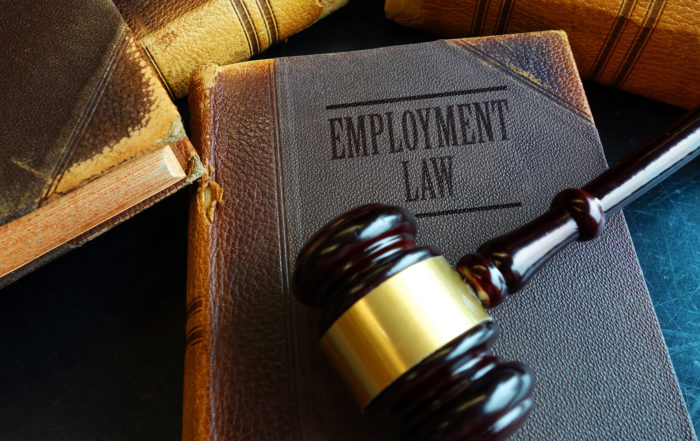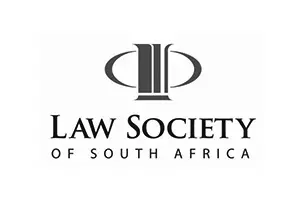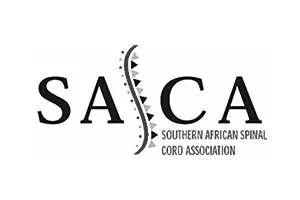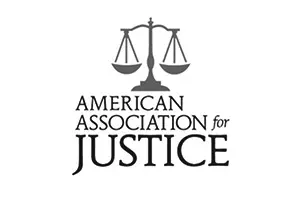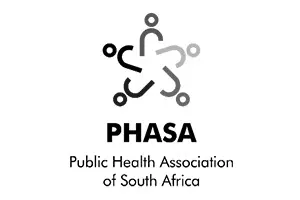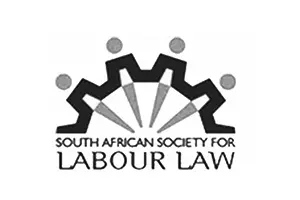
R4 Million award for Sexual Harassment in the Workplace
In the recent case of PE v Dr Beyers Naude Local Municipality and Another, the Plaintiff was sexually assaulted by her supervisor. Due to the trauma, arising from the indecent assault coupled with the employer’s mishandling of the matter, the plaintiff’s working circumstances became intolerable – which, in turn, led her to resign from her employment.
On 16 March 2011, the Plaintiff brought an action for damages in the region of R4 000 000.00 against both her employer and the supervisor who had perpetrated the assault to hold them jointly and severally liable for the sexual assault occasioned by the supervisor during the course and scope of his employment.
THE INTERNAL PROCESS BY THE MUNICIPALITY
The Municipality had no procedure in place to deal with matters of sexual harassment, nor any process or understanding of the disciplinary action necessary for incidents of this nature. On the advice of the Municipality’s Legal Advisor, the Plaintiff was placed on special leave for 2 days following the incident to allow her employer to investigate the incident. Despite the Plaintiff being severely traumatised by the assault, she was forced to inform her attacker, in his capacity as her supervisor, of the special leave.
In this regard, the Court notably recognised that:
[T]he woman, whose personhood and dignity had only two days earlier been so egregiously violated by her male superior who was unable to control his base sexual urges, found herself in the humiliating and degrading position where she had to account to her assailant and where her assailant was seeking to reinforce his control over her by cynically interrogating the reasons for her absence in what I regard as a show of toxic masculinity exacerbated by the power imbalance between the two.The failure of the Municipality to take appropriate action further involved a failure to protect the Plaintiff from having contact with the perpetrator, being either in his presence or within earshot of him thereafter – which further exacerbated her trauma.
THE TRIAL
The issues of liability and quantum were heard separately by the High Court.
The trail was also significantly delayed by the Municipality’s attempt to bring an application for leave to appeal to incorporate section 35 of the Compensation for Occupational Injuries and Disease Act 130 of 1993 (COIDA) into the defendant’s special plea. The Court refused the application for leave to appeal on the basis that sexual harassment did not fall within the ambit of an incident which constituted an accident arising out of and in the course of employment. The Court referred to Member of the Executive Counsel for the Department of Health, Free State Province v EJN where it was held that it would be sending an unacceptable message to employees, especially woman, that they are precluded from suing their employers for a failure to protect them in the context of sexual violence.
The court further recognised that the scourge of workplace sexual harassment is more often than not gender specific, going further to aver that:
Sexual assault by a male superior of a female subordinate is a disgraceful abuse of power. It is a deplorable mechanism used by a superior to sexualise his control over his female subordinate in a bid to assert his dominance. The court also criticised the manner in which the Municipality handled the situation, their inability to sufficiently plan and consider the psychological impact the incident would have the victim, but instead insisted that the perpetrator stay employed thus failing to protect the rights of their employee and the victim. Hosting in mind that the Defendant, is a state institution, a greater duty rested on their shoulders to promote and protect the fundamental rights of the employee in circumstances of this nature.
The Court remarked that the Municipality clearly neglected their duty in terms of section 195 of the Constitution in failing to implement substantive disciplinary action. The message that can be gleaned from this failure is that victims of sexual assault who brave the stigma and find the courage to speak up in a society heavily plagued by stigma and shame would receive no redress.
Another important issue that the Court had to adjudicate was whether or not the Plaintiff had to forfeit her claim for loss of earnings, considering that at some stage after having resigned due to intolerable circumstances the First Defendant had offered to reinstate the Plaintiff. The Court found that one cannot disregard a claim for loss of earnings purely on this basis. Furthermore, the Court stated that when an employer offers employment, it should not be done with an ulterior motive. Instead, an employer should fill its vacancies according to their operational requirements. Therefore, the Court held that the offer was unlawful and ultra vires as it would undermine legislation and policies. As an Organ of State, the Municipality had a greater responsibility to be transparent and uphold the necessary policies and procedures.
The Court held that the Municipality failed in their legal duty to protect the Plaintiff from further trauma brought on by the Second Defendant pending the Disciplinary Enquiry and that the position adopted by the Municipality portrays the incompetence and blatant disregard from the Municipality to appreciate their legal obligation to cultivate a safe working environment for the Plaintiff.
In view of the above, the Court ordered that the First and Second Defendant be jointly and severally liable to pay the Plaintiff an amount of R4 million in damages – most of which was for past and future loss of earnings.
Should you and / or your organisation require advice on sexual harassment in the workplace, do not hesitate to contact Malcolm Lyons & Brivik Inc. with your query.
Author: Ashleigh Le Fleur
Candidate Attorney at Malcolm Lyons and Brivik Attorneys Inc.
Malcolm Lyons and Brivik Attorneys are leading experts in the field of labour law in South Africa. To discuss whether you have a case, contact our offices below:
Telephone:
Cape Town Office:
Telephone: +27(0) 21 425-5570
E-mail: Cape.office@lyonsbriviklaw.com
Johannesburg Office:
Telephone: +27(0) 11 268 6697
Email: Jhb.office@lyonsbriviklaw.com
Contact form:
The current position on objections to the con/arb process
Con/arb process - The Commission for Conciliation, Mediation[...]
Out of time? Think again – The CCMA and its rules
By Lara Keil (Candidate Legal Practitioner) under the[...]
RAF’s lodgement requirements: Claimants further prejudiced
By Lara Keil (Candidate Legal Practitioner) under[...]





